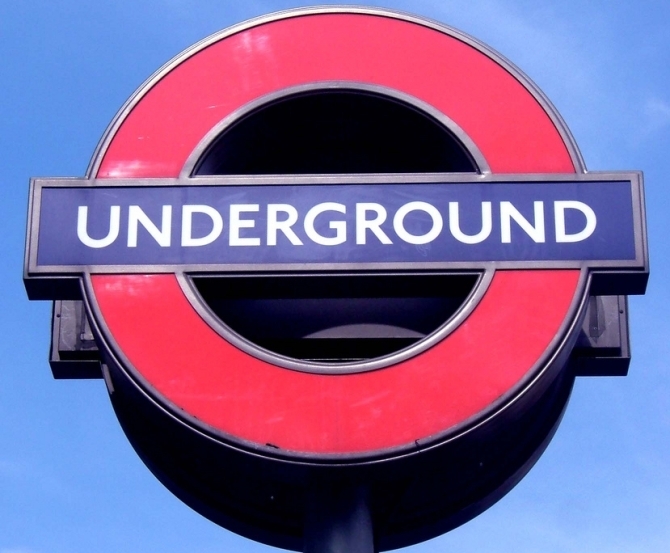Commercial space in London is in high demand, with investors from both the UK and overseas keen to snap up properties in one of Europe’s key business capitals. However, while burgeoning skyscrapers make the headlines, there remains a relatively untapped stock of space begging for attention – so long as windows are not a requirement for prospective tenants.

Former Barclays banker Ajit Chambers founded the Old London Underground Company after discovering a map detailing 26 underground stations no longer in use in 2009, and realising they could be put to use.
Now he intends to transform these unused premises into retail and leisure destinations, allowing revenue to be delivered directly to Transport for London.
For the most part, the stations would be redeveloped in order to create three distinct spaces: the underground, above and retail. This would create mini multi-use complexes of the kind which are in high demand in London, with the variety contained within the stations allowing for a well-rounded consumer experience.
Of course, the project has faced several problems in the five years it has been stuck in the planning stage – the majority of the 34 sites now earmarked for transformation have lain empty for quite some time, meaning that significant investment is required in order to make them functional. Furthermore, many lie adjacent to the live railway which presents a number of safety concerns which must be resolved before construction and redevelopment work can begin.
However, Mr Chambers insists that a viable financial proposal has been found, and has now pitched the idea to both the Business Secretary, Vince Cable, and the Mayor of London, Boris Johnson. So far, 66 MPs have lent their support to the first phase of the project, which will focus on 13 flagship stations such as York Road, Leinster Gardens and Down Street.
A spokesman for the Mayor said; “TfL and the mayor have been in discussions with Mr Chambers to see if we can make his interesting idea a reality.
“We are also looking at other imaginative ways in which we could make use of disused stations to generate revenues to improve the transport network for our customers.”
Unlocking the huge amount of space beneath London’s streets need not stop at abandoned tube stations, however, as old horse tunnels have also been accounted for in the longer term plans. These, Mr Chambers argues, could be used by private firms for storage or even, as has already begun to happen, by start-ups such as herb farmers as a means of providing fresh produce quickly and efficiently for London’s consumers.
Admittedly, the idea is ambitious, but with space on the surface becoming scarce it could be the ideal solution to London’s commercial property supply shortage. With Mr Chambers insisting that tenants could put old stations to use in forms as diverse as nightclubs and art galleries, it seems that London’s ghost stations may be about to be brought back to life.
Previous Post
New York’s Hudson Yards “Spire” Site sells for £141m